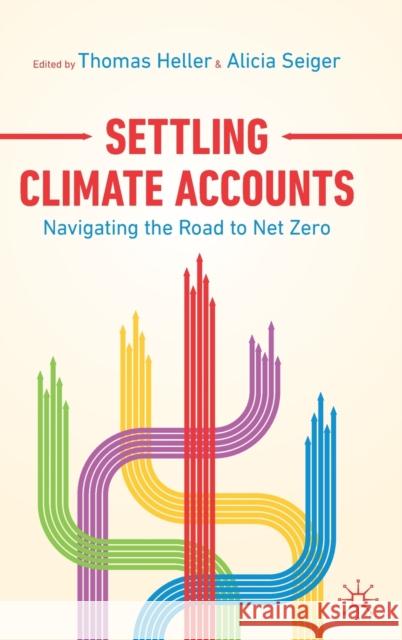Settling Climate Accounts: Navigating the Road to Net Zero » książka
topmenu
Settling Climate Accounts: Navigating the Road to Net Zero
ISBN-13: 9783030836498 / Angielski / Twarda / 2021 / 236 str.
Settling Climate Accounts: Navigating the Road to Net Zero
ISBN-13: 9783030836498 / Angielski / Twarda / 2021 / 236 str.
cena 281,10
(netto: 267,71 VAT: 5%)
Najniższa cena z 30 dni: 269,85
(netto: 267,71 VAT: 5%)
Najniższa cena z 30 dni: 269,85
Termin realizacji zamówienia:
ok. 16-18 dni roboczych.
ok. 16-18 dni roboczych.
Darmowa dostawa!
Kategorie:
Kategorie BISAC:
Wydawca:
Springer Nature Switzerland AG
Język:
Angielski
ISBN-13:
9783030836498
Rok wydania:
2021
Wydanie:
2021
Ilość stron:
236
Waga:
0.50 kg
Wymiary:
23.39 x 15.6 x 1.42
Oprawa:
Twarda
Wolumenów:
01
Dodatkowe informacje:
Wydanie ilustrowane











